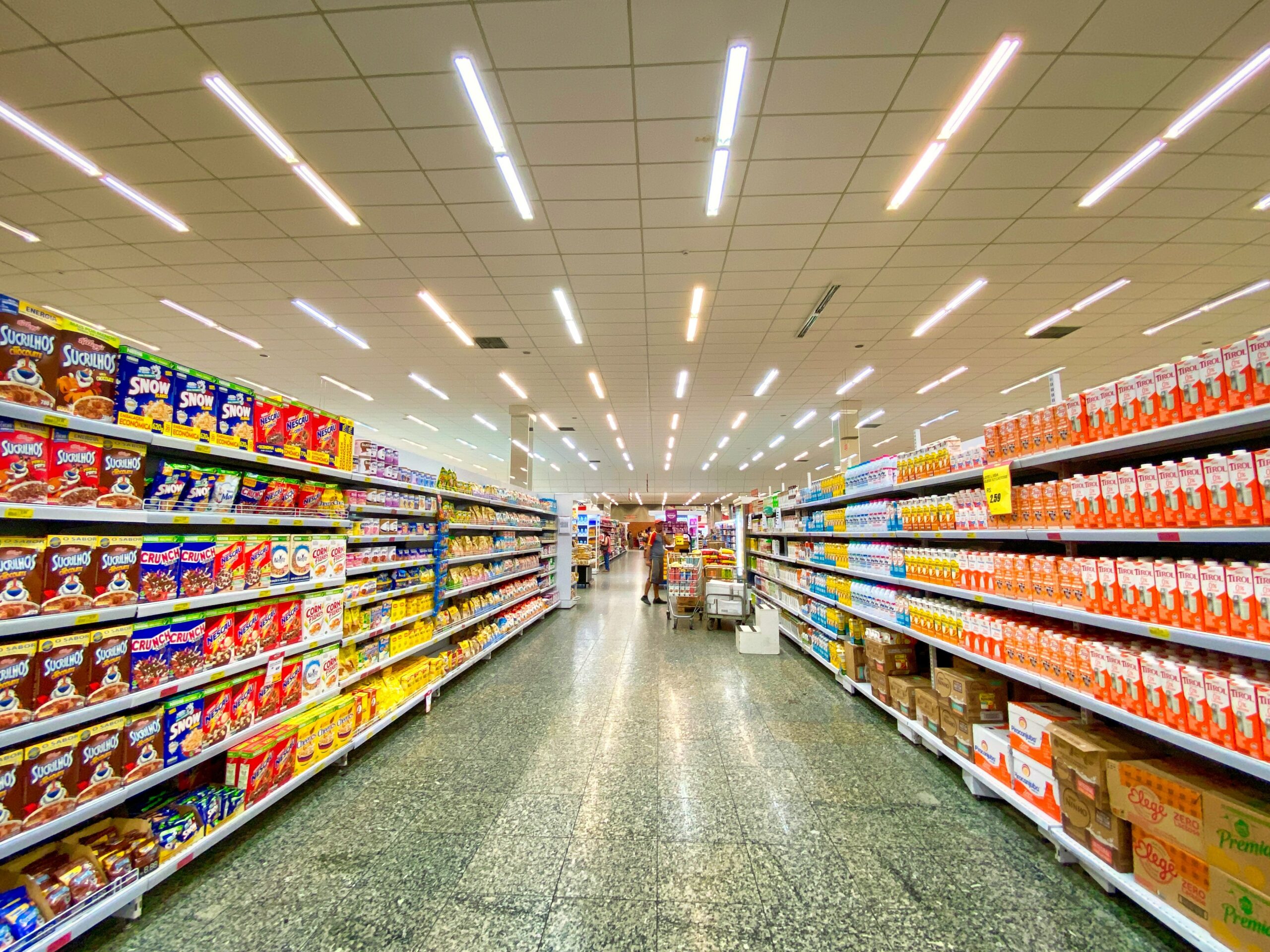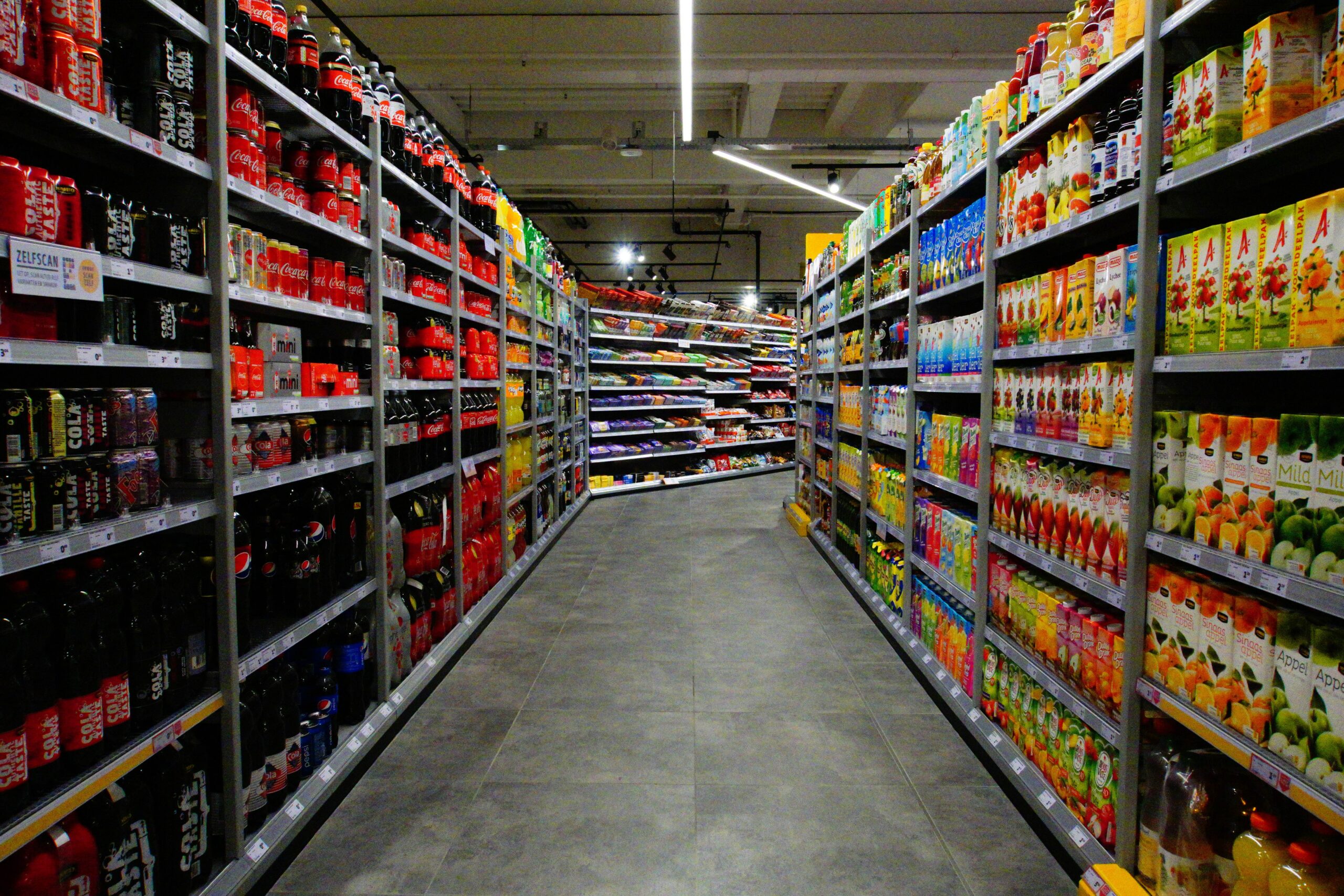
As of the knowledge cutoff date of September 2021, there were no indications that Aldi was planning to close stores en masse. However, rumors and online reports regarding store closures have circulated periodically in the past.
It’s important to note that like any business, Aldi may close individual stores for a variety of reasons, including underperformance, lease issues, or other factors. However, there is no evidence to suggest that Aldi is planning to close a significant number of stores nationwide.
One reason for the rumors of Aldi store closures may be related to the company’s recent expansion efforts. Aldi has been aggressively expanding its store count in recent years, with plans to open hundreds of new stores across the United States by the end of 2022. This rapid expansion may have led some to speculate that the company may be forced to close some stores in order to balance out its growth.
Another possible reason for the rumors is the competitive landscape of the grocery industry. In recent years, many traditional grocery chains have struggled to compete with discount retailers like Aldi and Lidl, which offer lower prices and a streamlined shopping experience. Some industry observers may view the expansion of discount retailers like Aldi as a threat to traditional grocery chains, which could lead to speculation about potential store closures or other changes.
Despite the rumors, Aldi has consistently maintained its commitment to expanding its store count and increasing its market share in the United States. The company has invested billions of dollars in new stores and remodeling existing ones, and it has consistently ranked highly in customer satisfaction surveys and other metrics. As of the knowledge cutoff date, there were no indications that Aldi was planning to change course or deviate from its expansion plans.
Overall, while there may be occasional rumors or reports of individual Aldi store closures, there is no evidence to suggest that the company is planning to close stores on a large scale. The company’s aggressive expansion plans and commitment to customer satisfaction suggest that Aldi is poised for continued growth and success in the coming years.
What is Aldi

Aldi is a discount supermarket chain that was founded in Germany in 1946. Today, Aldi has over 10,000 stores in 20 countries, making it one of the largest retailers in the world.
Aldi is known for its low prices and no-frills shopping experience. The company prides itself on offering high-quality products at affordable prices by cutting costs wherever possible. This includes using simple store designs, limited product selections, and private label brands.
In recent years, Aldi has expanded its offerings to include more fresh produce, organic products, and gluten-free options. The company also offers a range of non-food products, including household items, clothing, and electronics.
Aldi operates on a unique business model that involves selling primarily private label products, which are products that are produced specifically for the company and sold under the Aldi brand. This allows the company to offer products at a lower cost than name-brand products while maintaining quality standards.
Overall, Aldi is a popular shopping destination for budget-conscious consumers who are looking for high-quality products at affordable prices.
What Is The Future Of Aldi Stores?

As of the knowledge cutoff date of September 2021, Aldi was poised for continued growth and success in the United States and around the world.
In recent years, Aldi has been aggressively expanding its store count in the United States, with plans to open hundreds of new stores by the end of 2022. The company’s focus on offering high-quality products at low prices, combined with its streamlined shopping experience and commitment to customer satisfaction, has resonated with consumers in the United States and other countries.
Aldi’s expansion plans are part of a larger global strategy that includes opening new stores and expanding its product offerings in a variety of markets. The company has been particularly successful in Europe, where it operates thousands of stores in countries like Germany, the United Kingdom, and France. Aldi has also been expanding rapidly in Australia, China, and other countries in recent years.
One key factor in Aldi’s success has been its ability to adapt to changing consumer preferences and trends. In recent years, the company has expanded its organic and natural product offerings, added more fresh and prepared foods, and introduced new private label brands to appeal to a wider range of customers. Aldi has also invested heavily in technology, with initiatives like online ordering and curbside pickup designed to make shopping more convenient for customers.
Looking ahead, it seems likely that Aldi will continue to focus on expanding its store count and product offerings in the United States and other markets. The company’s emphasis on low prices, high quality, and customer satisfaction has proven to be a winning formula, and it is likely to remain a key part of the company’s strategy in the years to come.
In addition, Aldi is likely to continue investing in technology and other initiatives aimed at improving the shopping experience for customers. As technology evolves and consumer preferences continue to shift, Aldi will likely continue to adapt and innovate in order to stay ahead of the competition and remain a leader in the grocery industry.
Overall, while the future of any business is always uncertain, Aldi’s strong track record of success, combined with its ongoing expansion plans and commitment to customer satisfaction, suggests that the company is well positioned for continued growth and success in the years to come.
Is Aldi Closing In Australia?

As of the knowledge cutoff date of September 2021, there was no indication that Aldi was closing stores in Australia en masse. However, like any business, Aldi may close individual stores for a variety of reasons, including underperformance, lease issues, or other factors.
It’s worth noting that Aldi has been rapidly expanding its store count in Australia in recent years, with plans to open hundreds of new stores in the country by 2025. The company has invested heavily in its Australian operations and has consistently ranked highly in customer satisfaction surveys and other metrics.
However, there have been occasional reports of individual Aldi store closures in Australia, typically due to factors like lease expirations or changes in the local retail landscape. In some cases, Aldi may choose to close stores that are underperforming or no longer fit with the company’s long-term strategy.
Despite these occasional closures, there is no evidence to suggest that Aldi is planning to close stores in Australia on a large scale. The company’s aggressive expansion plans and ongoing investment in its Australian operations suggest that it is committed to growing its presence in the country and providing customers with a high-quality shopping experience.
Overall, while there may be occasional reports of individual Aldi store closures in Australia, there is no indication that the company is planning to exit the Australian market or significantly reduce its store count in the country. Aldi’s strong track record of success, combined with its ongoing expansion plans and commitment to customer satisfaction, suggests that the company is well positioned for continued growth and success in Australia and other markets around the world.
Is Aldi Profitable?

As of the knowledge cutoff date of September 2021, Aldi was a profitable company with a strong financial performance both globally and in its individual markets.
Aldi is a privately held company and does not disclose its financial results publicly. However, the company’s overall success can be seen in its rapid expansion around the world, with thousands of stores in multiple countries and plans for continued growth in the future.
In addition, Aldi has consistently ranked highly in customer satisfaction surveys, indicating that the company’s focus on offering high-quality products at low prices has resonated with consumers.
While Aldi faces stiff competition from other grocery retailers, its streamlined business model and emphasis on efficiency and cost control have allowed it to maintain a strong financial position even in the face of economic challenges like the COVID-19 pandemic.
Overall, while the specifics of Aldi’s financial performance are not publicly available, the company’s continued expansion and strong customer satisfaction ratings suggest that it is a profitable and successful business both globally and in its individual markets.
Aldi competitors.

Aldi has a number of competitors in the grocery retail industry, both globally and in individual markets. Here are some of Aldi’s main competitors:
Lidl:
Lidl is a German discount grocery chain that is similar in many ways to Aldi. The two companies have a long history of competition in Germany and other European markets, and Lidl has been expanding rapidly in the United States in recent years.
Walmart:
Walmart is the largest retailer in the world, and its grocery business is a major competitor to Aldi. Walmart operates thousands of stores in the United States and around the world, and has been expanding its online grocery offerings in recent years.
Kroger:
Kroger is the largest grocery chain in the United States, with thousands of stores and a wide range of products and services. The company has been expanding its online grocery offerings and investing in new technology to improve the shopping experience for customers.
Amazon:
Amazon is a major player in the grocery retail industry through its ownership of Whole Foods Market and its rapidly growing Amazon Fresh delivery service. The company’s vast resources and technological prowess make it a formidable competitor to Aldi and other grocery chains.
Costco:
Costco is a membership-based warehouse club that offers a wide range of products at low prices. The company has been expanding its online grocery offerings in recent years and is a significant competitor to Aldi in the United States and other markets.
These are just a few of the major competitors that Aldi faces in the grocery retail industry. Other regional and national chains, as well as smaller independent stores, also compete with Aldi in various markets.

